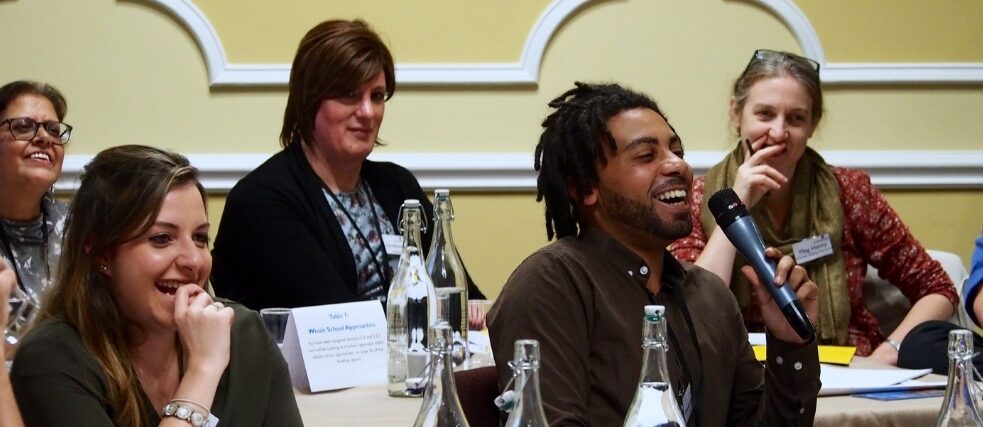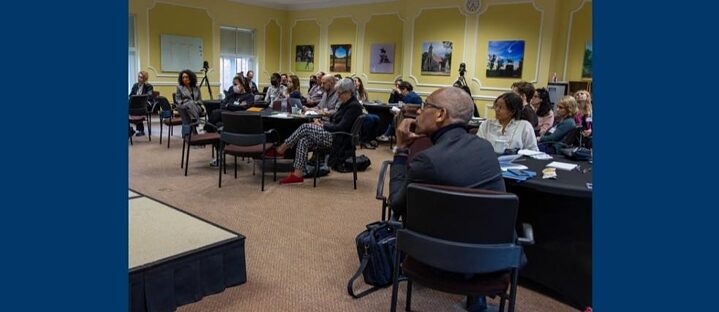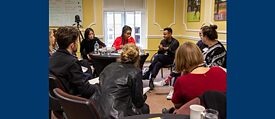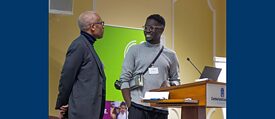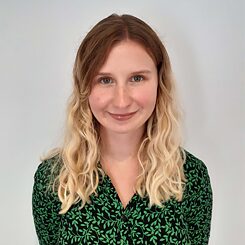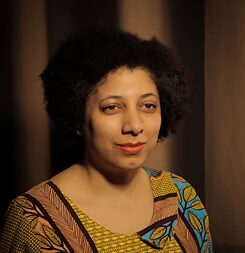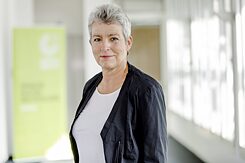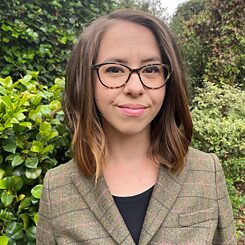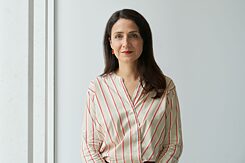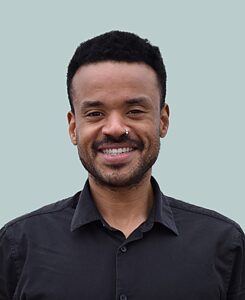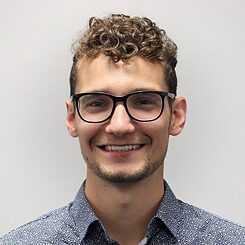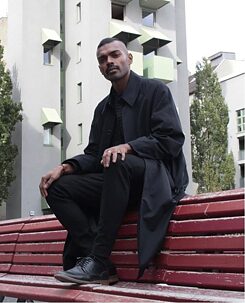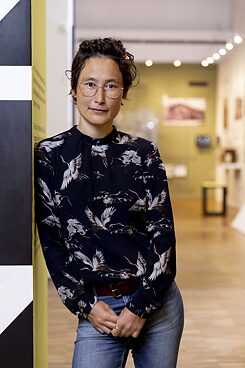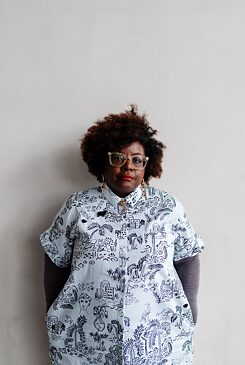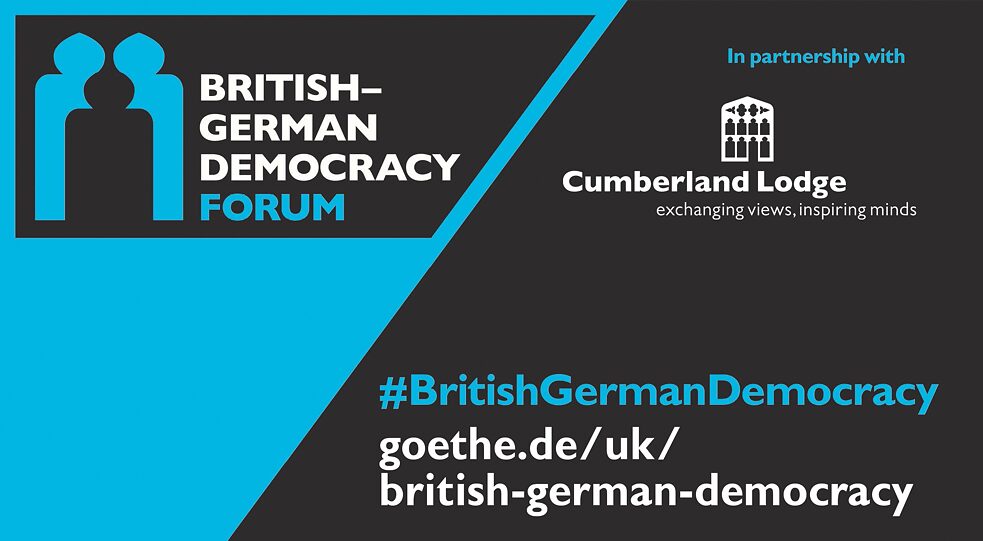Das dreitägige Forum, das in der idyllischen Umgebung der Cumberland Lodge im Windsor Great Park stattfand, brachte visionäre, engagierte junge Menschen aus dem Vereinigten Königreich und Deutschland zusammen, um Dimensionen unseres demokratischen Lebens und unserer gemeinsamen Vergangenheiten zu diskutieren.
Teilnehmer*innen waren Student*innen, Social Media Influencer*innen, Künstler*innen und Kulturschaffende, Politiker*innen, Vertreter*innen zivilgesellschaftlicher Initiativen, Organisator*innen von Gemeinden, Schriftsteller*innen, Intellektuelle und inspirierende Persönlichkeiten des öffentlichen Lebens.
Das erste British-German Democracy Forum fand vom 25.-27. Oktober 2021 statt. Die Teilnehmer*innen hatten die Gelegenheit, zeitgenössische Ansätze zum Thema "Kolonialismus und „schwierigen Vergangenheiten“ im britischen und deutschen Kontext zu untersuchen und zu vergleichen.
Unter der künstlerischen Leitung von Eric Otieno (Sozialtheoretiker und politischer Ökonom an der Universität Kassel) und Lord Woolley CBE (ehemaliger Vorsitzender der Beratungsgruppe für die britische Race Disparity Unit), bot dieses Forum eine Plattform für offene Diskussionen und Debatten darüber, wie Kolonialismus und Kolonialität moderne nationale Entwicklungen geprägt haben und wie demokratische Gesellschaften konstruktiv mit diesen "schwierigen Vergangenheiten" umgehen können.
Debatten zu wiederaufkommendem Nationalismus oder ungleichen Staatsbürgerschaften überschnitten sich mit Gesprächen über die Rolle der Kunst und der Medien in diesen Themenfeld. Dabei wurden bestehende Machtstrukturen untersucht und Narrative über unsere kollektive Vergangenheit hinterfragt. Künstler*innen, Wissenschaftler*innen und postkoloniale Expert*innen haben gemeinsam mit politischen Entscheidungsträger*innen über die Möglichkeiten einer friedlicheren, offeneren und integrativeren Zukunft diskutiert.
Wie in der Cumberland Lodge üblich, wurden die Diskussionen nach den "Chatham-House-Rules" geführt, um eine offene und freie Diskussion zu fördern. Ausgewählte Beiträge wurden jedoch im Anschluss an die Veranstaltung einem größeren Publikum zugänglich gemacht.
